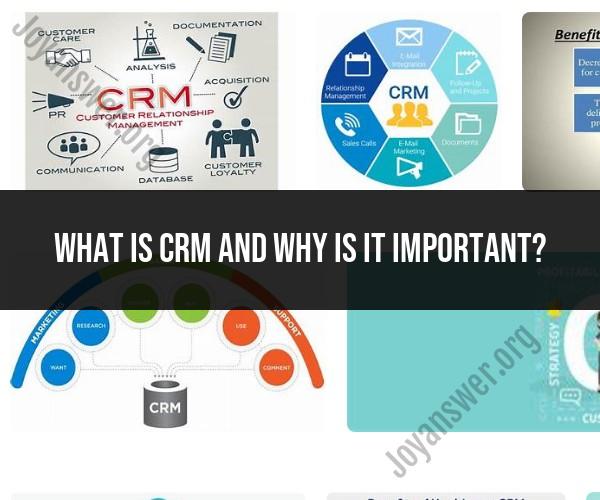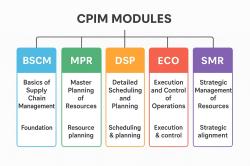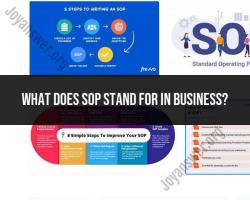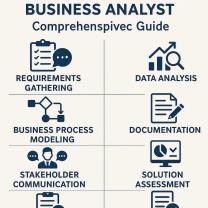What is CRM and why is it important?
CRM, or Customer Relationship Management, is a set of strategies, technologies, and practices that organizations use to manage and analyze their interactions and relationships with current and potential customers. The goal of CRM is to improve business relationships, streamline processes, and increase profitability by understanding and meeting the needs of customers more effectively.
Here are some key aspects of CRM and why it is important:
Customer Data Management: CRM systems enable businesses to collect and centralize customer data, including contact information, purchase history, preferences, and communication history. This data serves as a valuable resource for understanding customers' needs, behaviors, and preferences.
Improved Customer Service: CRM helps organizations provide better customer service by giving employees access to detailed customer information. Customer service representatives can use this data to address inquiries, resolve issues, and provide personalized assistance, ultimately leading to higher customer satisfaction.
Sales Automation: CRM systems often include tools for sales automation, such as lead management, opportunity tracking, and sales forecasting. These features help sales teams streamline their processes, prioritize leads, and close deals more efficiently.
Marketing Automation: CRM platforms can also support marketing efforts by automating tasks like email marketing, lead nurturing, and campaign management. This leads to more targeted and effective marketing campaigns, reducing marketing costs and improving ROI.
Customer Insights: By analyzing customer data stored in CRM systems, organizations gain valuable insights into customer behavior and preferences. These insights can inform product development, marketing strategies, and customer segmentation.
Cross-Selling and Upselling: CRM helps identify opportunities for cross-selling and upselling to existing customers. By understanding their purchase history and preferences, businesses can recommend complementary products or upgrades, increasing revenue.
Customer Retention: One of the primary benefits of CRM is its ability to enhance customer retention. By delivering personalized experiences and addressing customer needs proactively, organizations can build stronger, long-term relationships with their customers.
Efficiency and Productivity: CRM systems streamline various business processes, reducing manual data entry and administrative tasks. This leads to increased efficiency and productivity across sales, marketing, and customer service departments.
Data Security and Compliance: CRM systems often include robust security features to protect sensitive customer information. Additionally, they can help organizations comply with data protection regulations by providing tools for data access control and consent management.
Competitive Advantage: Effective CRM implementation can provide a competitive advantage. Businesses that understand their customers better, provide superior service, and make data-driven decisions are more likely to succeed in today's competitive marketplace.
In summary, CRM is important because it helps organizations build and maintain strong customer relationships, increase operational efficiency, and drive revenue growth. By centralizing customer data and using it strategically, businesses can better meet customer needs, enhance customer loyalty, and ultimately achieve their business objectives.













